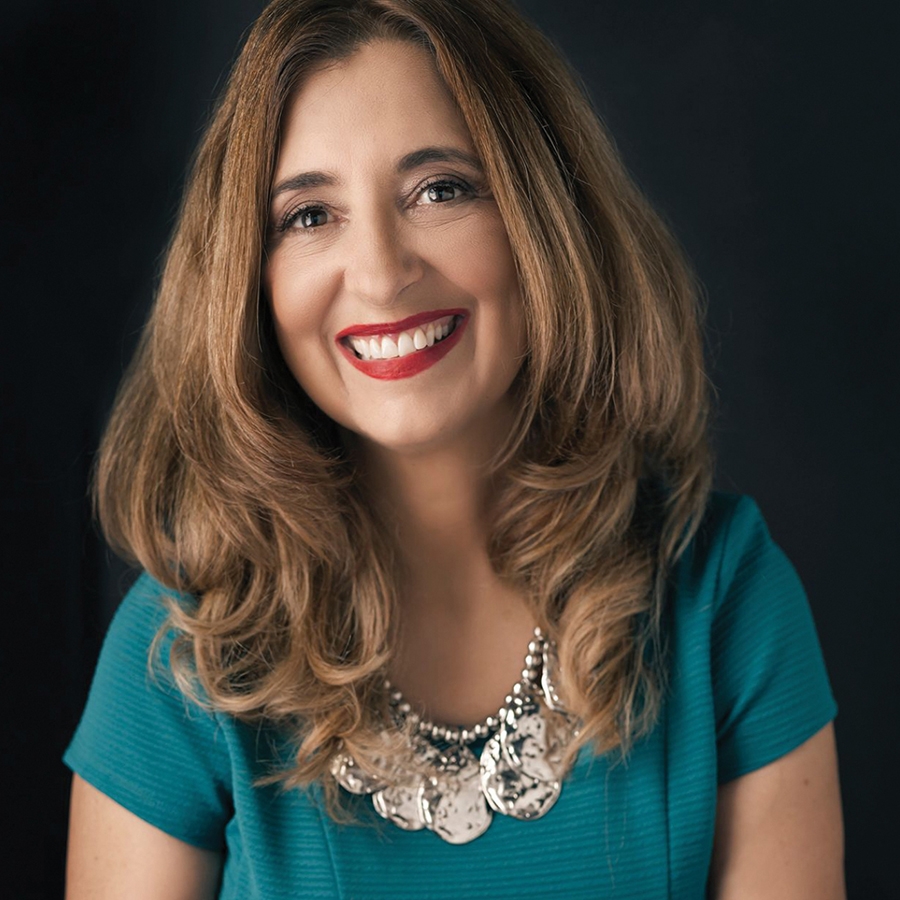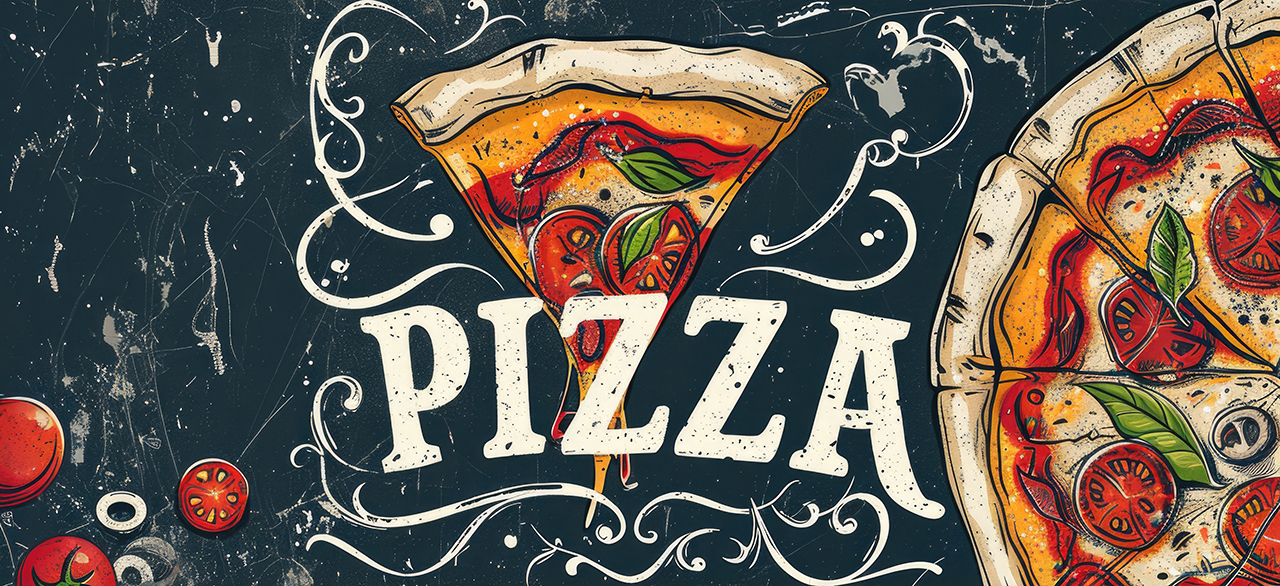Ann Zuccardy’s Recovery from TBI is a Laughing Matter
Ann Zuccardy delights in flaunting convention.
She also loves to laugh; more specifically, she lives to laugh. Not exactly what you might expect from a woman who continues to recover from a brain injury she sustained a decade ago.
“My incredible journey has brought me into worlds I never would have imagined before my TBI. I have become connected with opportunities and organizations that were never on my radar. But most of all, it has connected me with people whose stories continue to inspire me.”
Ann Zuccardy’s Recovery from TBI is a Laughing Matter
Ann Zuccardy delights in flaunting convention.
She also loves to laugh; more specifically, she lives to laugh. Not exactly what you might expect from a woman who continues to recover from a brain injury she sustained a decade ago.
“My incredible journey has brought me into worlds I never would have imagined before my TBI. I have become connected with opportunities and organizations that were never on my radar. But most of all, it has connected me with people whose stories continue to inspire me.”
As a child, she was a bit of an introvert. “I was very shy and actually enjoyed practicing the piano,” she admits. “This way, I would get out of being outside and doing athletic stuff.” Ann excelled at writing early on, even winning a poetry contest in the first grade.
Her ability to put thought to paper (before the age of computers) led her to a B.A. in English in 1984 from Southern Connecticut State University and provided a path to a writing career. However, every path is filled with at least a few unexpected turns, and Ann’s is no exception. After years of finding success as a technical and creative non-fiction writer, her biggest change came out of nowhere.
In 2011, she was on a business trip/vacation in Frankfurt, Germany. The night before she was scheduled to return to the United States, she slipped in a hotel bathtub. “I thought it was just a concussion. I saw stars but didn’t lose consciousness and didn’t think much of it,” she shares.
In the ensuing days, she couldn’t think coherently, had intense headaches, and was vomiting. Her husband drove her to the hospital, where a CAT scan revealed a coup contrecoup brain injury affecting the point of impact as well as the area opposite it. “My symptoms got worse and weirder,” says Ann. “I couldn’t get a sentence out or read. It stripped away all I thought I knew about myself.”
Unable to continue at work, her resignation brought upon accusations from fellow employees and her employer. “Since they couldn’t see my injury, they thought I was faking it. I was high functioning but wasn’t as “fine” as others thought, including the doctors,” Ann tells. “However, I couldn’t communicate like I used to; I was unable to put together a coherent written or verbal sentence. I had always been a writer, and now that was being taken away from me.” She sank into a deep depression as a result.
Certain that others were having similar experiences, Ann began a blog, appropriately named I Want My Brain Back. Here, she found her new voice. Using dictation software, she conveyed her anger toward an invisible disability that was out of her control. Before long, she cultivated an impressive following of survivors of brain injury. She had struck a chord with many as she forged ahead creating her new self.
With the help of a great therapist, effective pharmaceuticals, and non-stop support, she resumed her career as a professional writer for technical publications, social media, and corporate communications. Her work also appeared in countless literary journals and newsletters.
Ann then accepted a personal challenge and returned to school – almost forty years after receiving her BA. In 2019, as a 57-year-old empty nester, she earned her M.A. in English with a focus on creative non-fiction from Southern New Hampshire University.
She was already an accomplished speaker, having given two TEDx Talks: How a Brain Injury Made Me Smarter (2013) and How Being Unsafe Makes You Smarter (2014). Focusing on the brain’s ability to rebuild synaptic connections, she detailed how she was re-training her brain without realizing that what she was describing was neuroplasticity.
Her aha! moment on the power of laughter came when she was asked to speak to a small group at a nursing home. Ann had been personally practicing laughter yoga, a technique that converts forced laughter into spontaneous glee and the release of repressed emotions. She happened to decide to share these exercises with the group that day.
The response was positive and immediate. “Nobody was more surprised than I was,” Ann recalls. “When I saw all those senior citizens laughing, I knew I was on to something.”
Now able to combine the loves of her life – writing, laughter, and speaking, and how they helped her view her brain injury as a way of having a new life – she is reaching out to bigger audiences than ever. She’s particularly proud of her ability to connect with survivors of brain injury.
Her association with the Brain Injury Alliance of Arizona has been part of this process. In 2016, she keynoted the organization’s Rays of Hope conference. “I didn’t know how I’d be received, but in no time, I had the whole room of 200 laughing,” she shares. In September 2021, she also spoke at the Brain Injury Alliance’s Concussion Awareness Day virtual event.
“I love this group. There is so much support here with people trying to help others fill in pieces of the puzzle – so much affirmation to go with the resources they provide. Most people who sustain a brain injury don’t know where to turn or even what to ask for.”
Carrie Collins-Fadell, CEO of the Brain Injury Alliance, is impressed with Ann’s ability to break through to audiences of all sizes. “She is a great communicator and has a lot to say. Her personal struggles are very relatable to our community,” Carrie notes. “
“What’s more, her ability to make a room come alive is often just what the doctor ordered for stimulating neuroplasticity and letting people know there is hope.”
In addition to working with corporate clients and being an Adjunct Professor at Cecil College and Sacred Heart University, Ann, a Vermont native, is currently a Technical Writer/Editor for the US Army Communications – Electronics Command (CECOM).
“My incredible journey has brought me into worlds I never would have imagined before my TBI. I have become connected with opportunities and organizations that were never on my radar,” Ann says. “But most of all, it has connected me with people whose stories continue to inspire me.”
From the positive responses she’s received, the inspiration appears to be mutual. Ann believes her ability to relate with others so profoundly stems from a simple philosophy: “The number one thing I have learned is perhaps the most basic: People learn better when they’re laughing. We can have great grief and joy simultaneously – it’s what makes us human.”
ABOUT BRAIN INJURY ALLIANCE OF ARIZONA
The Brain Injury Alliance of Arizona (BIAAZ) is the only statewide nonprofit organization dedicated to improving the lives of adults and children with all types of brain injuries through prevention, advocacy, awareness and education. BIAAZ also houses the Arizona Brain Health Resource Center, a collection of educational information and neuro-specific resources for brain injury survivors, caregivers, family members and professionals.
What began in 1983 as a grassroots effort has grown into a strong statewide presence, providing valuable life-long resources and community support for individuals with all types of brain trauma at no charge.
The Brain Injury Alliance of Arizona:
- Works with Congressional Brain Injury Task Force
- Houses Arizona Brain Health Resource Center
- Hosts Statewide Opioid Use Disorder & Cognitive Impairment Workgroup
- Has Statewide Opioid Use Disorder & Cognitive Impairment Response team with peer support, training, and family wraparound services
- Facilitates Brain Health Advisory Council
- Manages statewide Neuro Info-Line: 888-500-9165







